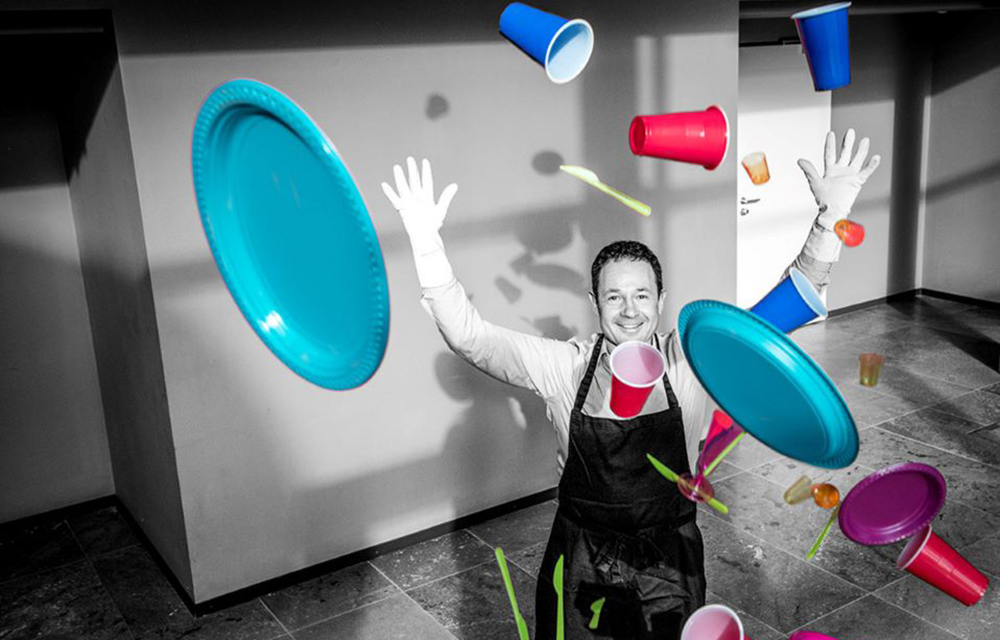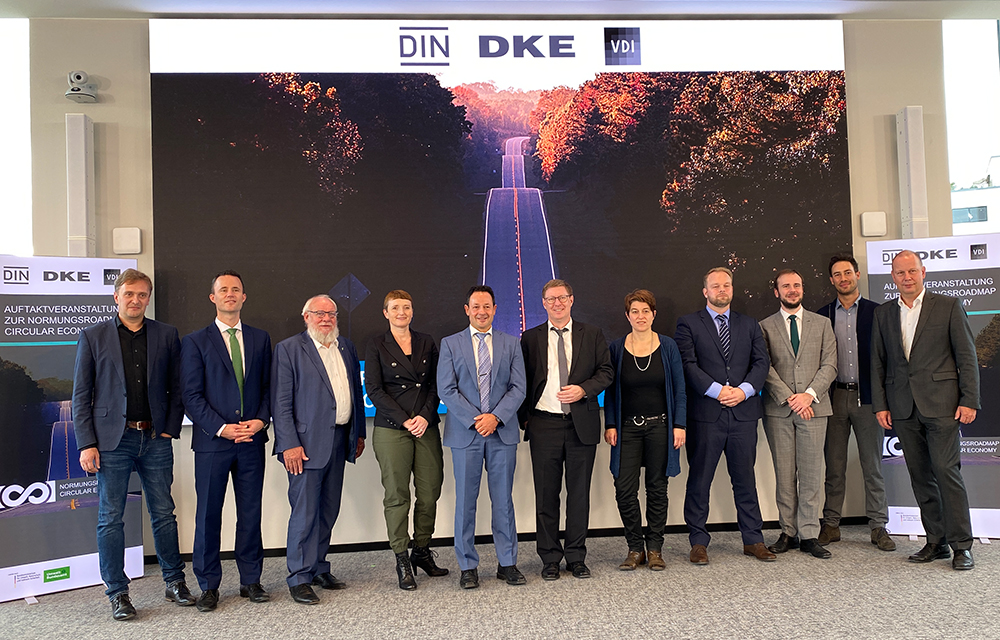Plastics have been on the rise for more than a century and their success story continues. Their range of applications and property modifications are enormously diverse, covering both fields with low material requirements to high-tech demands, and yet their successful incorporation into the circular economy model is not solved.
More than half of 350 million tons of plastics produced worldwide in 2021 ended up in waste incineration and just 10 % of them were recycled. At this point, also versatility has its drawbacks. Diverse marketable material compositions developed to satisfy consumer needs can often be recycled only to lower quality recyclates greatly reducing the range of plastic applications in the second life cycle. However, high-quality recycling is the key to expanding the circular economy. Norms and standards for the recycling of plastics can be a solution here. Initiated by cirplus GmbH and led by Prof. Dr.-Ing. Hans-Josef Endres, IKK – Institute for Plastics and Recycling Management, a consortium of researchers and industry was assembled and succeeded in developing a DIN standard for recycled plastics. After 12 months, it is now available to the industry: “DIN SPEC 91446, Classification of recycled plastics by data quality levels for use and (internet-based) trade.”
For Endres, it is very important to include the scientific side in this standardization process. “I’m driven by the idea of making the plastics industry CO2-neutral via the circular economy,” Endres says in the video interview, lamenting the bad reputation these excellent materials have now gotten. He also sees the standardization work as a good basis for better networking between industry and science. You can find out more from Endres here.
IKK is also an active supporter of the German Circular Economy Standardization Roadmap. Endres co-chairs the “Plastics” working group there with Dr. Harald Lehmann, Vice President, Plastic Materials and Processing, TOMRA Sorting GmbH.
The Circular Economy Standardization Roadmap creates the framework for achieving the goals of the Green Deal and the Climate Protection Act 2021 in this country. This includes standardization processes and the associated revision of existing and development of new technical rules for the circular economy.
There are a total of seven working groups on the following key topics:
- Electrical engineering & ICT
- Batteries
- Packaging
- Plastics
- Textiles
- Buildings & Municipalities
- Digitization/business models/management
The contents of the roadmap will be created by representatives from business, science, the public sector and society.
If you are an expert in one of the above-mentioned focus areas, please feel free to join in and contribute your ideas.


